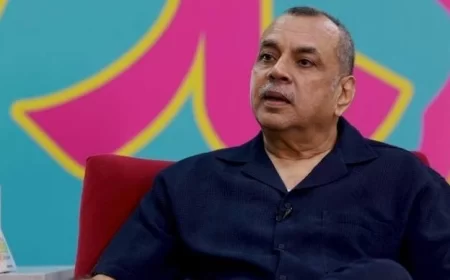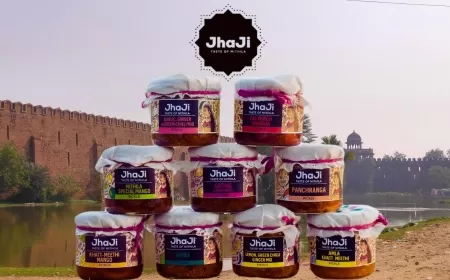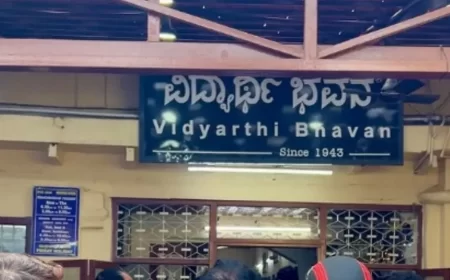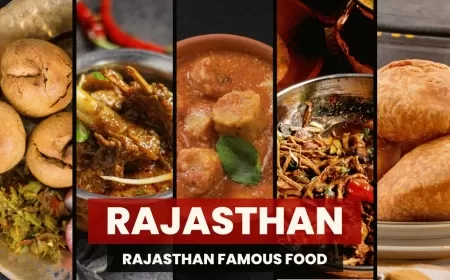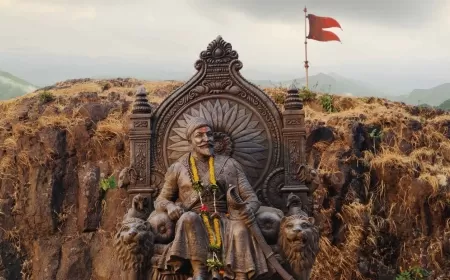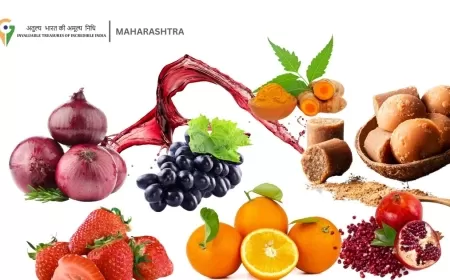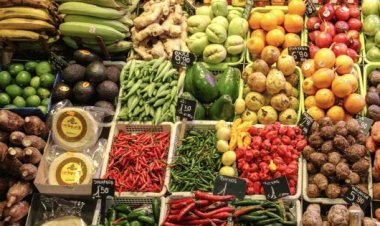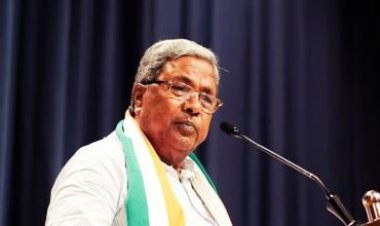India seeks permanent fix to food stockholding at WTO conference In February 2024
India is pushing for a permanent solution to the issue of public stockholding for food security at the upcoming ministerial-level meeting of the World Trade Organization (WTO) in Abu Dhabi in February 2024

India is pushing for a permanent solution to the issue of public stockholding for food security at the upcoming ministerial-level meeting of the World Trade Organization (WTO) in Abu Dhabi in February 2024. India argues that public stockholding is the best solution and that alternative solutions such as market access and export restriction are not sufficient. India has also called for the recalculation of external reference prices to account for inflation and other economic factors on food stock prices.
During a recent WTO meeting, India joined with other developing countries to urge the importance of applying public stockholding to all developing countries. India has utilized the Peace Clause, established by the WTO as an interim measure in 2013, to provide extra support measures to rice farmers for the 2020-21 marketing year. The Peace Clause allows developing nations to exceed the prescribed ceiling of 10% of the value of production to meet their domestic food security needs.
The WTO regulates global trade and sets standards for exports and imports while resolving trade disputes between member countries. Agricultural negotiations within the WTO cover a range of topics, such as domestic support, market access, export competition, export restrictions, cotton, public stockholding for food security, special safeguard mechanism, and transparency issues. While progress has been made on the food security front, the WTO has been unable to arrive at an agreement on the agriculture reform work plan.
India believes that a permanent solution to public stockholding is necessary and has dismissed arguments for alternative food security solutions beyond public stockholding and special safeguard mechanisms. The upcoming ministerial-level meeting of the WTO will provide an opportunity for India and other developing countries to urge for a permanent solution to this issue.
What's Your Reaction?
 Like
19
Like
19
 Dislike
0
Dislike
0
 Love
6
Love
6
 Funny
0
Funny
0
 Angry
0
Angry
0
 Sad
0
Sad
0
 Wow
7
Wow
7




